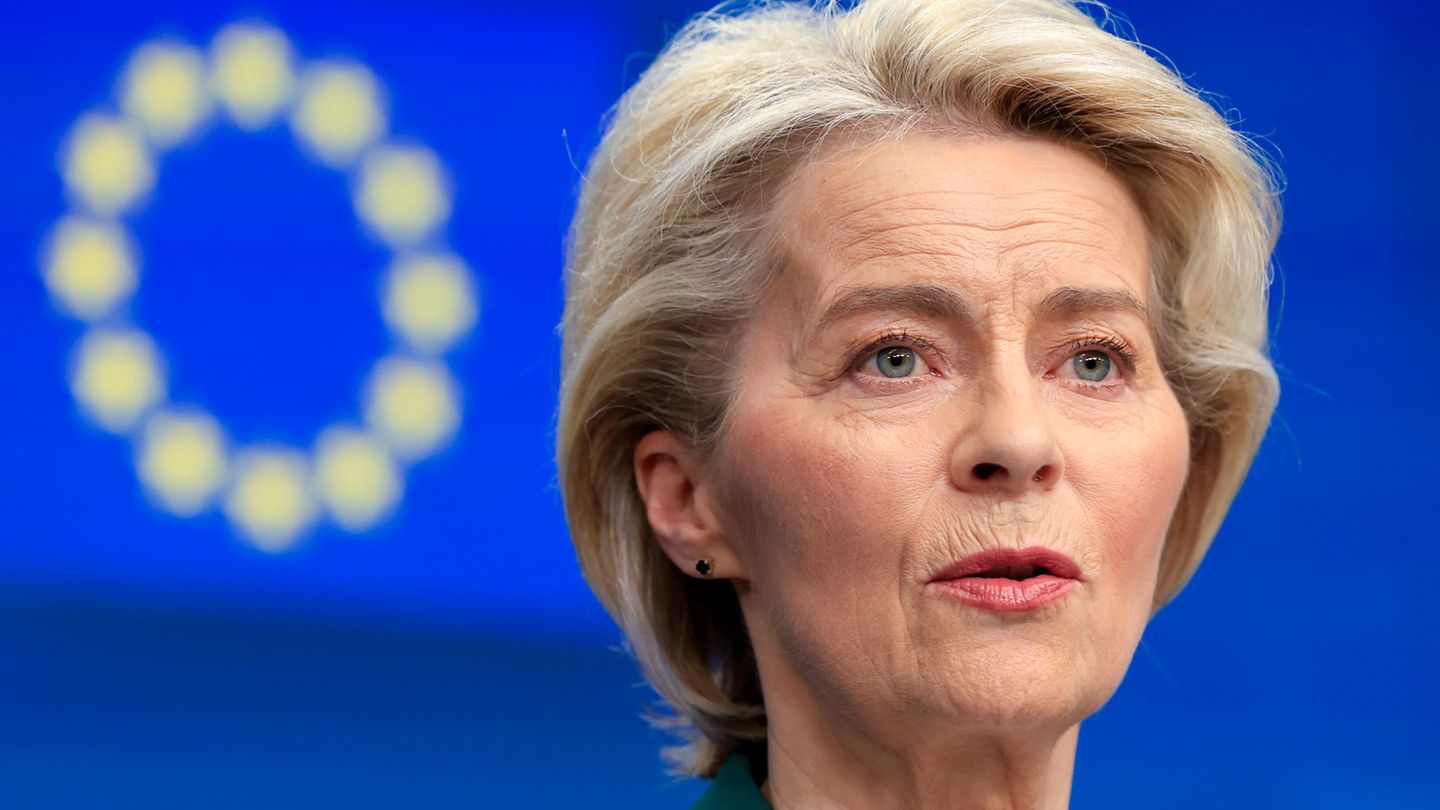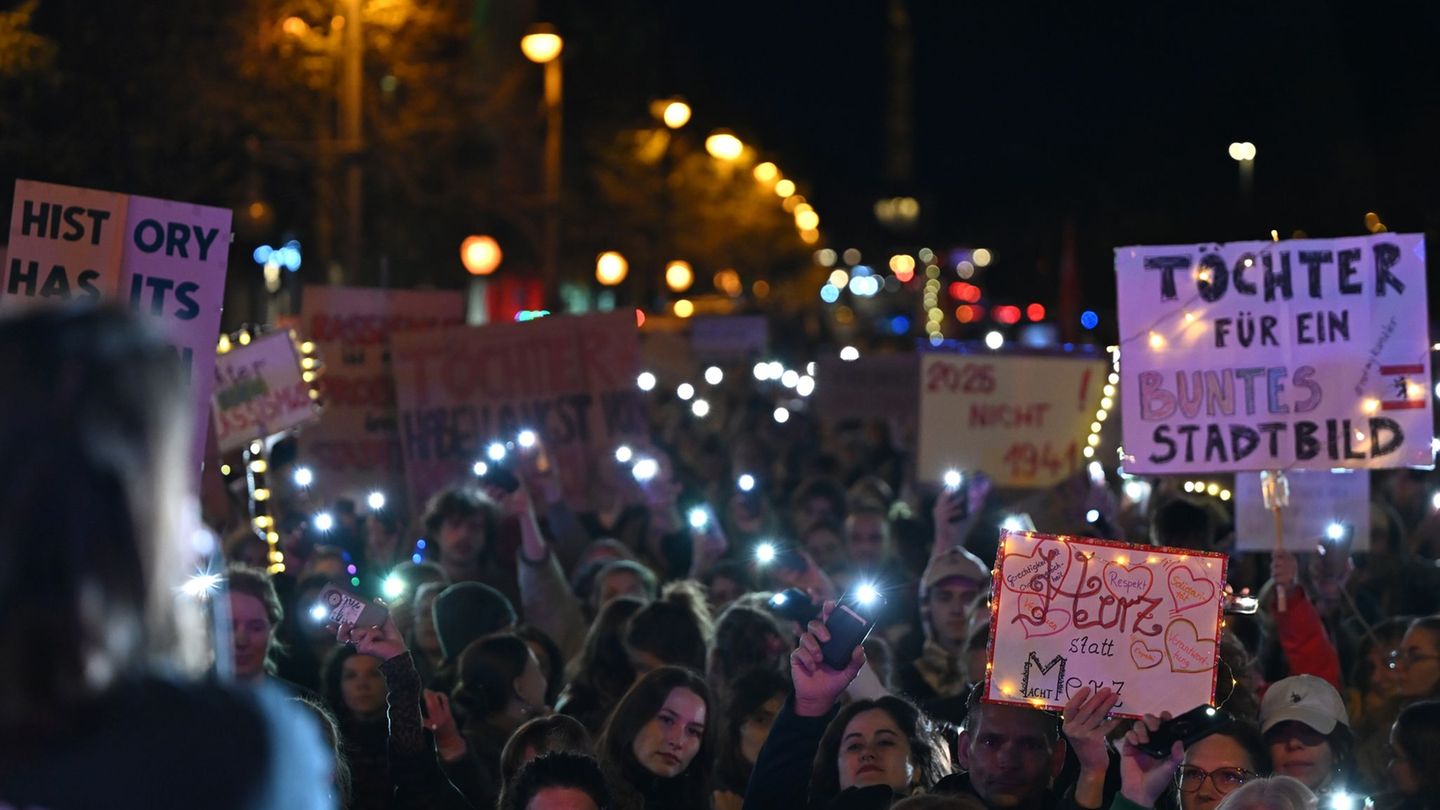The EU Commission exercised too much secrecy when it came to corona vaccine contracts. In two areas in particular, more documents should have been made public, the EU court ruled.
According to a ruling by the EU Court, Ursula von der Leyen’s EU Commission violated EU law by keeping secret information on corona vaccine contracts worth billions. The Brussels authority did not grant sufficient access to documents, particularly with regard to possible conflicts of interest and compensation rules for vaccine manufacturers, the judges in Luxembourg decided. The ruling can be appealed before the European Court of Justice (ECJ).
During the pandemic, the EU Commission negotiated and concluded contracts for hundreds of millions of doses of vaccine with pharmaceutical companies on behalf of the member states in 2020 and 2021. The procedure was repeatedly criticized because the contracts were only partially made public or because there were delays in the delivery of the vaccine. The European Public Prosecutor’s Office, among others, is investigating this matter.
In 2021, MEPs and private individuals applied for access to the contracts. However, the EU Commission, headed by the German CDU politician von der Leyen, only granted them access in part. Parliamentarians and private individuals therefore sued and were partially successful. The ruling comes one day before the European Parliament votes on a second term for Ursula von der Leyen as Commission President.
EU Court accuses Commission
The court found that the EU Commission had not adequately justified why extensive access to the clauses on compensation rules would harm the companies’ business interests. The EU Commission had also refused access to the documents, citing the protection of individuals’ privacy. However, the plaintiffs had properly demonstrated the specific purpose of the public interest in publishing the data: it was only possible to verify that there was no conflict of interest if the names and professional roles of the people involved in the contracts were available.
Source: Stern
I have been working in the news industry for over 6 years, first as a reporter and now as an editor. I have covered politics extensively, and my work has appeared in major newspapers and online news outlets around the world. In addition to my writing, I also contribute regularly to 24 Hours World.




